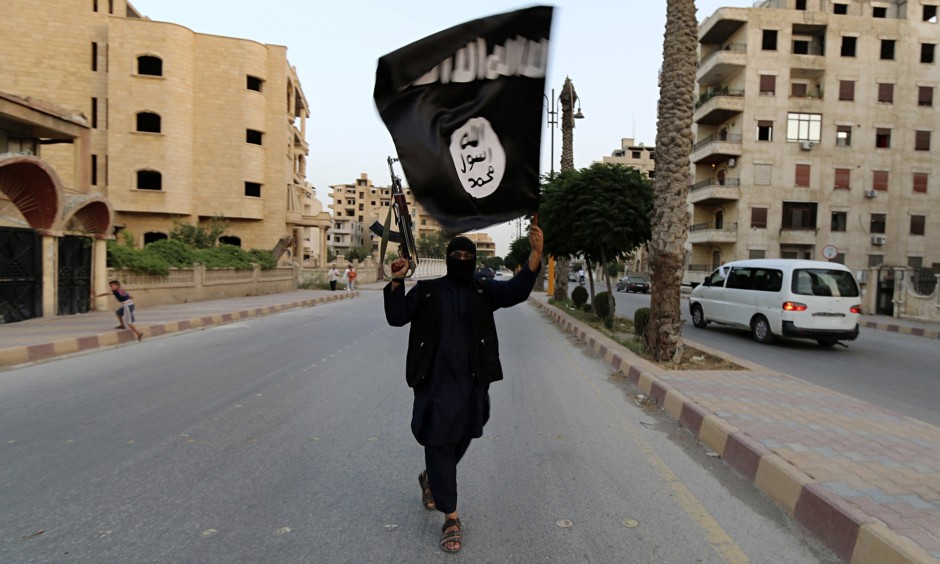Two weeks after freelance journalist James Foley was beheaded by the Sunni jihadist outfit Islamic State, the same gruesome fate befell the reporter Steven Sotloff, also an American. Before he was decapitated by a masked man wielding a knife, Sotloff, a Jew taken hostage in Syria last August, said he was “paying the price” for U.S. air strikes against Islamic State fighters converging on the Iraqi provincial town of Amerli, which has been under siege for the past few weeks.
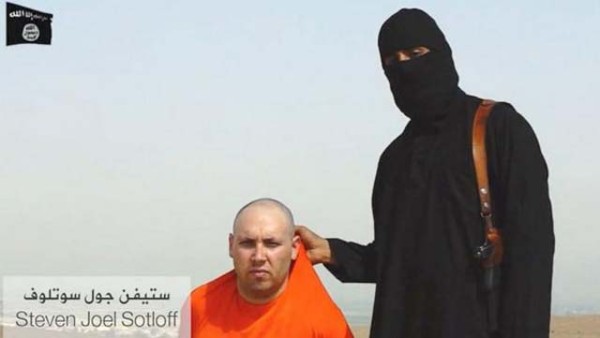
For the moment, Islamic State’s advance on Amerli has been halted by Iraqi Shiite and Iranian militias — supported, ironically, by American air power.
The failure to capture Amerli after four attempts is a notable setback for Islamic State, which has been on a rampage in Iraq since occupying the towns of Fallujah last January and Mosul in June. Islamic State, having captured much of northwest Iraq and northeast Syria, was bent on seizing Amerli, which is mainly populated by Shiite Turkmens, an ethnic minority.
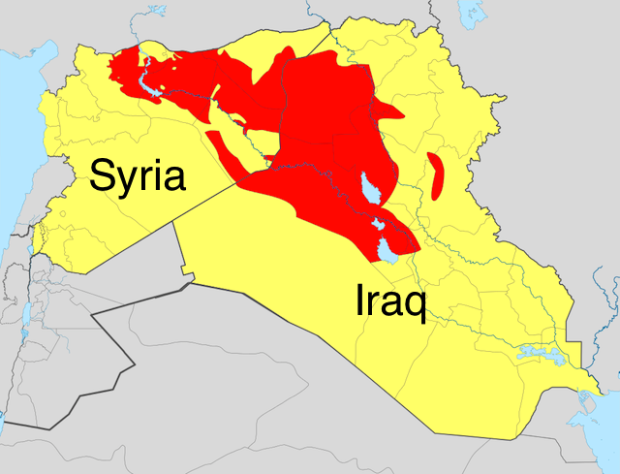
Committed to erasing Middle Eastern borders drawn by European colonial powers and establishing a Sunni-ruled caliphate in the Middle East, Islamic State considers Shiite Muslims infidels and minorities like Christians and Yazidis beyond the pale.
The former president of Cuba, Fidel Castro, claimed recently that Islamic State was created by the Mossad, Israel’s external intelligence agency. This conspiratorial and clownish claim is patently absurd and demeans Castro. In fact, Islamic State is the current incarnation of Al Qaeda in Iraq, which emerged after the U.S. invasion of Iraq in 2003.
Led by Abu Musab Al Zarqawi — a Jordanian-born Palestinian who swore allegiance to Osama bin Laden, Al Qaeda’s supreme leader — Al Qaeda in Iraq focused on enemies close at hand rather than on geographically inaccessible foes like Israel.
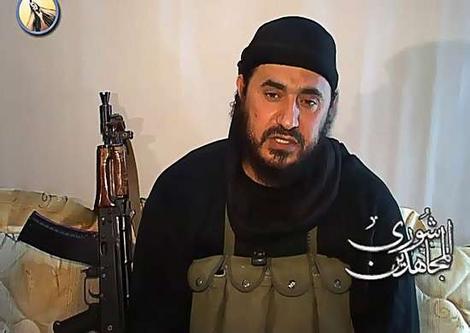
In this spirit, he battled U.S. forces in Iraq and instigated sectarian warfare between the majority Shiites and the minority Sunnis, blowing up Shiite mosques and shrines and sending suicide bombers into crowded places.
Before he was killed, Al Zarqawi managed to touch off a civil war that virtually incapacitated Iraq. Following his untimely death in 2006, Al Qaeda in Iraq became known as the Islamic State in Iraq and Syria. Commanded by Abu Abdullah al-Rashid al-Baghdadi, an Iraqi, and Abu Ayyub al-Masri, an Egyptian, Islamic State in Iraq and Syria was taken over by Iraq-born Abu Bakr al-Baghdadi after their deaths in 2010.
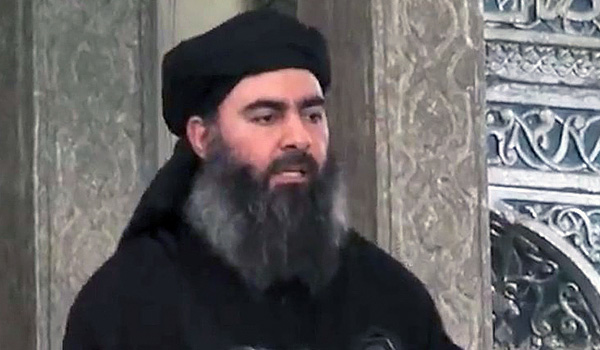
During the American “surge” in Iraq from 2006 to 2007, an operation designed to obliterate Al Qaeda, Islamic State in Iraq and Syria was pushed across the border into neighboring Syria. With the outbreak of the civil war in Syria in 2011, Islamic State in Iraq and Syria, which has since shortened its name to Islamic State, assumed an increasingly prominent role in the fighting.
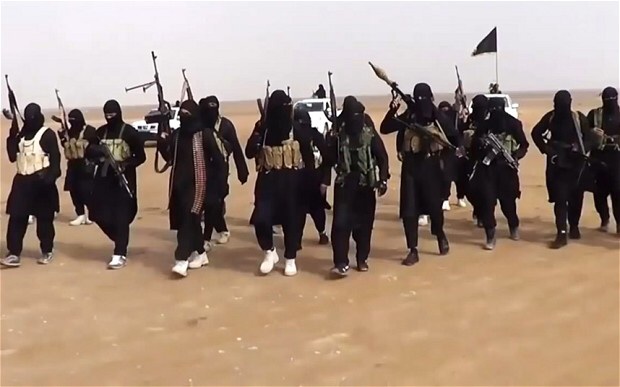
Described by some as the first movement in the Arab world to bring jihadism from the margins to the center, Islamic State owes its ideological origins, in part at least, to the abject failure of secular pan-Arabism, socialism and various forms of Islamism in the Middle East.
Islamic State, without a doubt, was strengthened as well by widespread disillusionment with the Arab Spring, the grassroots rebellions in Arab countries which have restored the status quo ante in Egypt, triggered tribal warfare in Libya, brought chaos to Yemen and resulted in an extremely destructive war in Syria.
Finally, Islamic State has benefited from the perception that Shiite Islam has made gains at the expense of the Sunni variant. Iraq, once under the thumb of the Sunnis, has been controlled by the Shiites for the past decade. Iran, the world’s preeminent Shiite power, is a force to be reckoned with as its develops a nuclear arsenal, spreads its influence throughout the region and confronts Israel through proxies like Islamic Jihad in the Gaza Strip. Iran’s ally, Syria, is governed by the Alawites, a Shiite group. Meanwhile, Hezbollah — the Lebanese Shiite movement which fought a war with Israel in 2006 — is solidifying its base in Lebanon.
“This has created a new and troubling phenomenon: a Sunni majority with a minority complex, a powerful though confused feeling of marginalization, dispossession and humiliation,” writes the British commentator Peter Harling.
Islamic State has established a fearsome reputation for brutality and barbarism, having carried out summary mass executions, forced conversions, kidnappings, sexual abuse and torture. “The reports we have received reveal acts of inhumanity on an unimaginable scale,” says Flavia Pansieri, the United Nations’ deputy high commissioner for human rights.
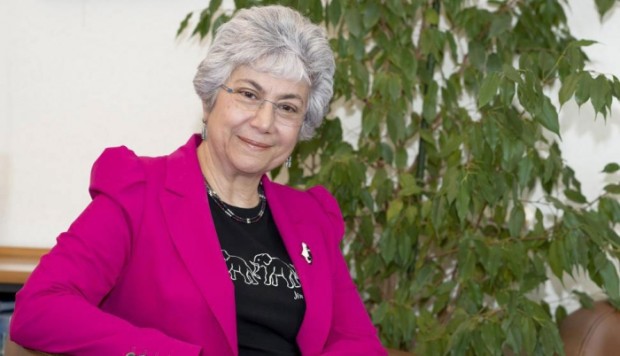
Through bank robberies, extortion, control of oil wells in Syria and Iraq, the plunder of antiquities and private donations, Islamic State has amassed considerable wealth to finance its operations.
Militarily, Islamic State acts more like a conventional army than a guerrilla organization. Scores of disaffected Iraqis who served as officers in Saddam Hussein’s army and were sacked in the wake of the American invasion have joined its ranks. Apart from Iraqis and Syrians, Islamic State has recruited thousands of fighters from Muslim countries and the West.
And by all accounts, Islamic State has displayed a deft grasp of social media, enabling it to send out slick messages and lure new recruits.
According to U.S. Secretary of Defence Chuck Hagel, Islamic State is “as sophisticated and well-funded as any group we have seen…”
Though a force to be reckoned with, Islamic State can be stopped through a broad array of regional coalitions, the formation of inclusive governments and military action, claims U.S. Secretary of State John Kerry in a New York Times op-ed piece.

“Extremists are defeated only when responsible nations and their peoples unite to oppose them,” he writes.
This is certainly true, but for now, Islamic State is riding high — executing innocent American civilians like James Foley and Steven Sotloff, capturing territory, killing, harassing and abusing members of vulnerable minorities and spreading savagery and terror throughout Syria and Iraq.
